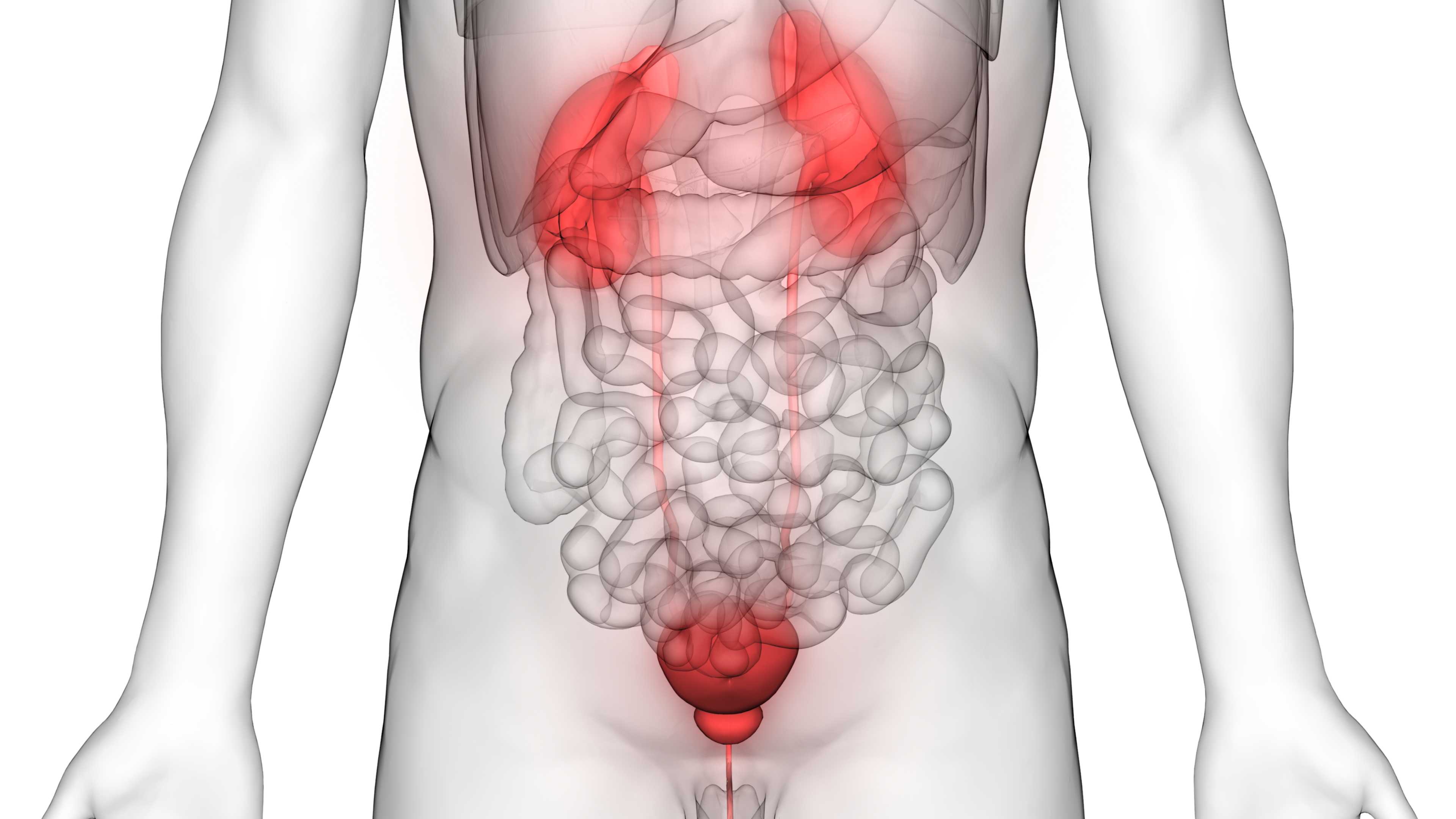Bladder dysfunction due to diabetes refers to a number of bladder symptoms attributed to complications of diabetes. Diabetic cystopathy or neurogenic bladder is a serious complication of poorly controlled diabetes, which appears with a triad of increased bladder capacity, impaired bladder sensation and decreased detrusor muscle contractility. Experts like Best urologist in Karachi treat diabetic neurogenic bladder with a number of treatment options. Read on to know more about diabetic cystopathy and its associated factors:
Table of Contents
What Is Neurogenic Bladder?
The complication of diabetes that results from selective damage to neuronal conduction—referred to as diabetic neuropathy, is the causative factor behind neurogenic bladder. As mentioned before, this disorder results in poor functioning of the bladder.
Urinary bladder is a muscular organ (made of detrusor muscle) that stores and voids the urine after input from the nerves carrying messages between the spinal cord and the brain. The bladder releases the hold on the external sphincter, when there is distension of the detrusor muscle of its wall. Neurogenic bladder occurs when these nerves are damaged due to uncontrolled diabetes, complicating the signaling between a full bladder and the need to urinate.
What Are The Symptoms Of Diabetic Cystopathy?
The following are the symptoms of diabetic neuropathy or cystopathy:
Retention Of Urine
Incomplete emptying of the bladder results in urinary retention. This is due to the inability of the bladder’s nerves to signal when the bladder is full. Consequently, the bladder overfills and damages the detrusor muscle, thereby weakening it. When the muscular wall of the bladder weakens, it is unable to empty completely and leads to urinary retention.
Increased Incidence Of Urinary Tract Infection
Diabetes puts the patients at increased risk of recurring infections—particularly urinary tract infections and inflammation of the bladder (cystitis). One of the causative factors for this recurring infection is the retained urine in the bladder, which causes festering of the bacteria.
Additionally, uncontrolled diabetes decreases the immune response of the body and the patient is at increased risk for chronic infections.
Involuntary Leakage Of Urine
Due to the profound nerve damage in diabetic neuropathy, the distended bladder can send the wrong signals to the spine and active the micturition reflex without warning. This can lead to expelling of urine without warning.
This condition is compounded by the internal and external sphincter dysfunction, which is damaged in diabetes, leading to involuntary leakage of urine.
How To Deal With Diabetic Bladder?
Here are some tips to deal with diabetic bladder:
Schedule Urination
One of the reasons of diabetic cystopathy is overdistension of the bladder since the nerves are unable to detect when the bladder is fully distended. Scheduled urination allows the training of the bladder, and preventing its overdistension. Discuss the gap and the timing of scheduled urination with your healthcare provider and stick to a routine that works for you.
Double Voiding
This technique allows complete emptying of the bladder. It refers to urinating once and then repeating it ten minutes later. The idea is to drain the bladder completely, thus preventing overdistension and irritation of the bladder.
Pelvic Floor Exercises
The external sphincter of the bladder is located in the pelvic floor muscles. Strengthening these muscles through Kegel exercises, makes the sphincter stronger, and prevents the leakage and dribbling of urine, which is often seen in diabetics. These exercises help men and women, both and should be performed in sets of 10, every day.
Prevention is always better than cure, particularly with diabetes. The complications of poorly controlled diabetes are many, which is why, for treating diabetic cystopathy, your healthcare provider or Best urologist in Islamabad would direct you to start with improved diabetic control and complete yearly checkups.

